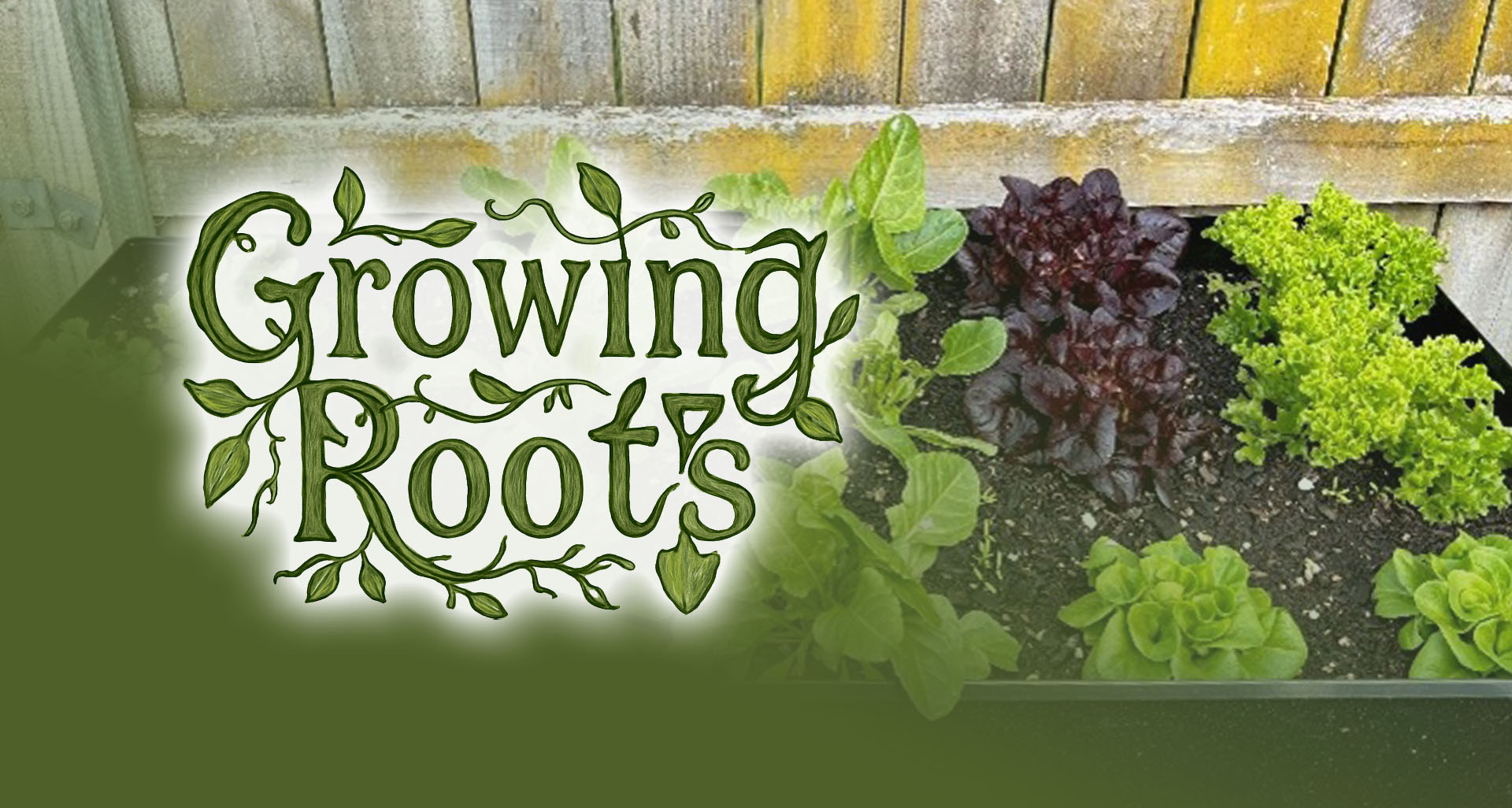
For many refugees, starting a new life in a different country other than their homeland can lead to many challenges such as long-lasting mental health issues which can have negative impacts on their lives due to unfamiliar systems, language barrier, cultural differences, besides the traumas and health conditions they faced during their displacement and resettlement in the host countries. According to research, gardening can improve general well-being for many marginalized, under-resourced people and enable those who have been forcibly displaced from their homeland restore stability. Different case studies involving refugees and immigrants engaged into the community gardening reveal a range of motivations and outcomes allied with their participation. These include issues related to land tenure, reconnection with agricultural practices and the development of a sense of community belonging.
Urban agriculture which known as urban farming or gardening has increasingly been recognized as a vital mechanism for fostering community development, strengthening food security, and promoting economic resilience in the context of accelerating urbanization nowadays. Besides, urban agriculture emphases the cultivation of food within or in proximity to urban areas and encompasses diverse practices such as backyard gardening, balcony cultivation, and community gardens.
Moreover, urban green spaces are increasingly recognized for providing natural resources like medicinal herbs, wild foods, and fuelwood and these resources are used for both daily needs and earning income. The activity of gathering them is known as foraging.
Foraged resources are obtained from the natural environment rather than being commercially cultivated or farmed. In developed countries, urban foraging is often associated with cultural traditions, place-making, and enhanced quality of life, and in some instances, with subversive or alternative ideological movements. However, the motivations behind urban foraging in developing nations remain underreported. In these contexts, foraging may play a significant role in alleviating urban poverty.
The Growing Roots program was established in late July and is scheduled to run until June 2026. The aim of this project is to support families from 4412 area in growing kai (food) in their own backyards. It focuses on encouraging participating families to consume their own home-grown, healthy crops while preserving their cultural practices. By doing so, the program seeks to strengthen individual and collective identity, enhance wellbeing, and build resilience.
As part of the program, each participant’s garden is assessed. This involve identifying the most suitable areas for sunlight exposure, listing specific needs (such as plants and seeds), and determining property ownership. Where necessary, we contact property management to seek permission for setting up gardens in private homes. In addition, some of the participants are enrolled in the sustainable living workshop series facilitated by ENM, with interpreters and transportation provided to ensure accessibility.
At this stage, fifteen homes from diverse ethnic communities with refugee backgrounds have been assessed. Several of these households have received a raised garden bed, along with mixing pots, composts, and plants for the winter/spring growing season.
During the garden setup process, several challenges emerged. These included poor weather conditions during set up, a limited number of workers and volunteers, and miscommunication due to language barriers—particularly regarding the program's terms and conditions. However, these challenges were addressed by expanding our volunteer network, improving communication strategies and collaborating with Research Associate Scientist specialised in Soil Science. We provide interpreters and take steps to ensure participants clearly understand the project's concept and the expected outcomes.
To sum up, participating into this program it is not about growing food only, it’s a great way to stay physically active. Simple tasks like digging into soil, planting, weeding, and watering help improve strength and fitness. For refugees who may have spent time in camps, gardening offers a healthy routine and a way to move their bodies in a calm, purposeful way and it helps them to gain knowledge about New Zealand, since it has its own gardening traditions, seasonal patterns, and local plants and brings for their children and family members joy and helps them to develop patience and understand the rewards of hard work.